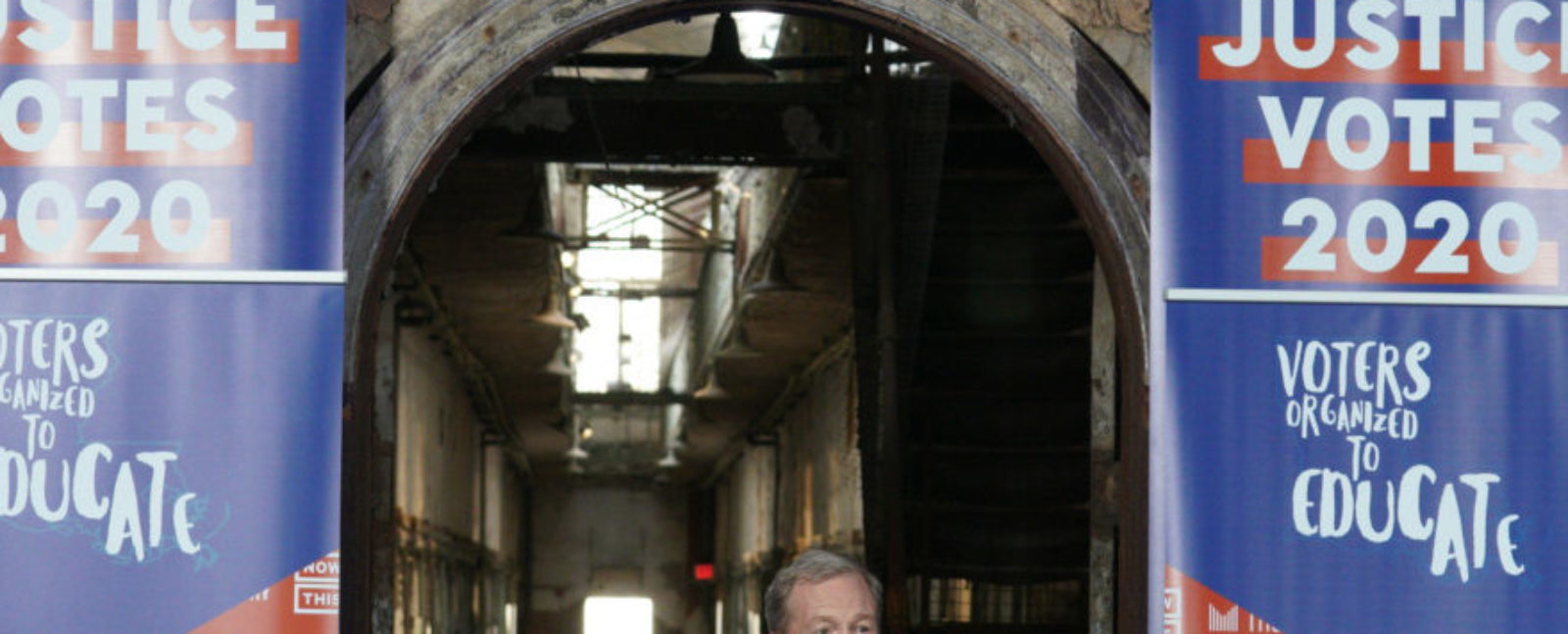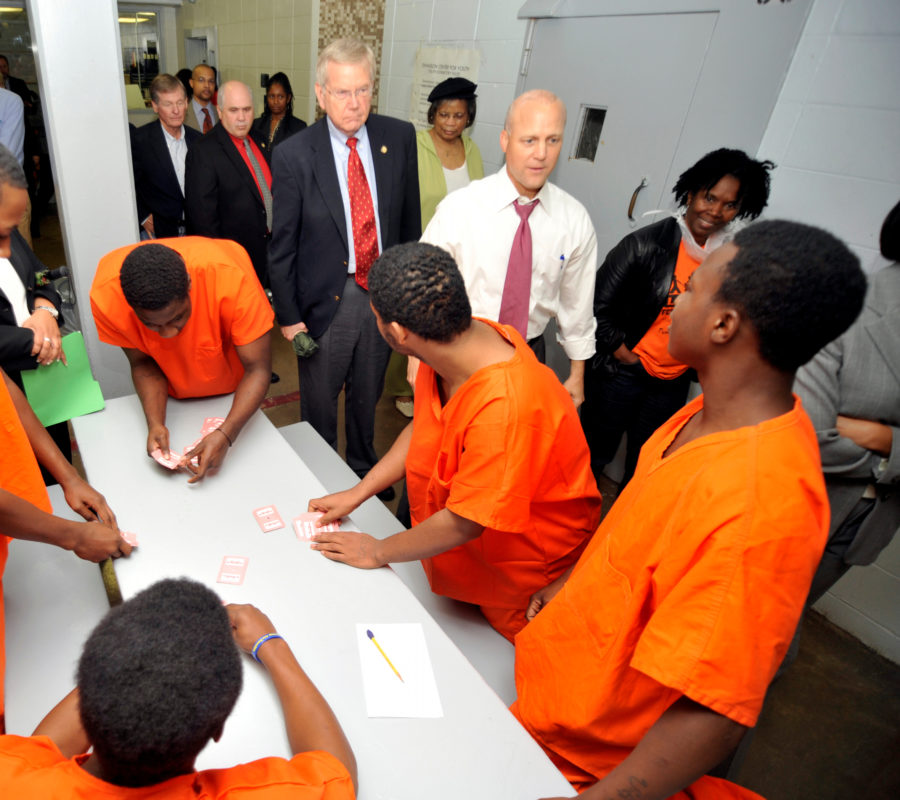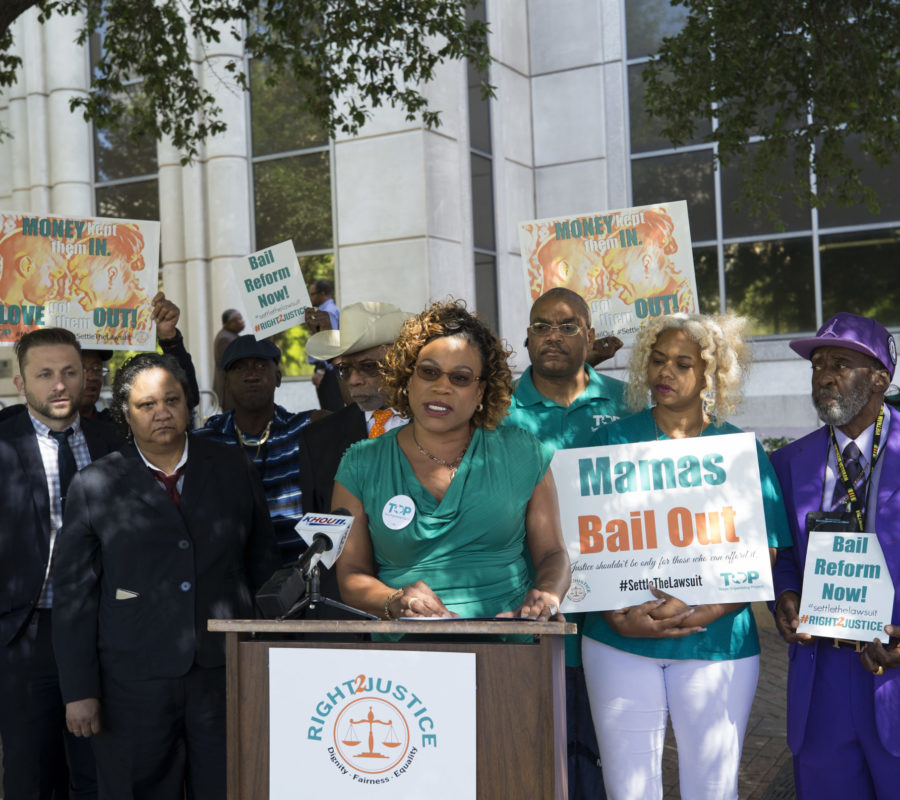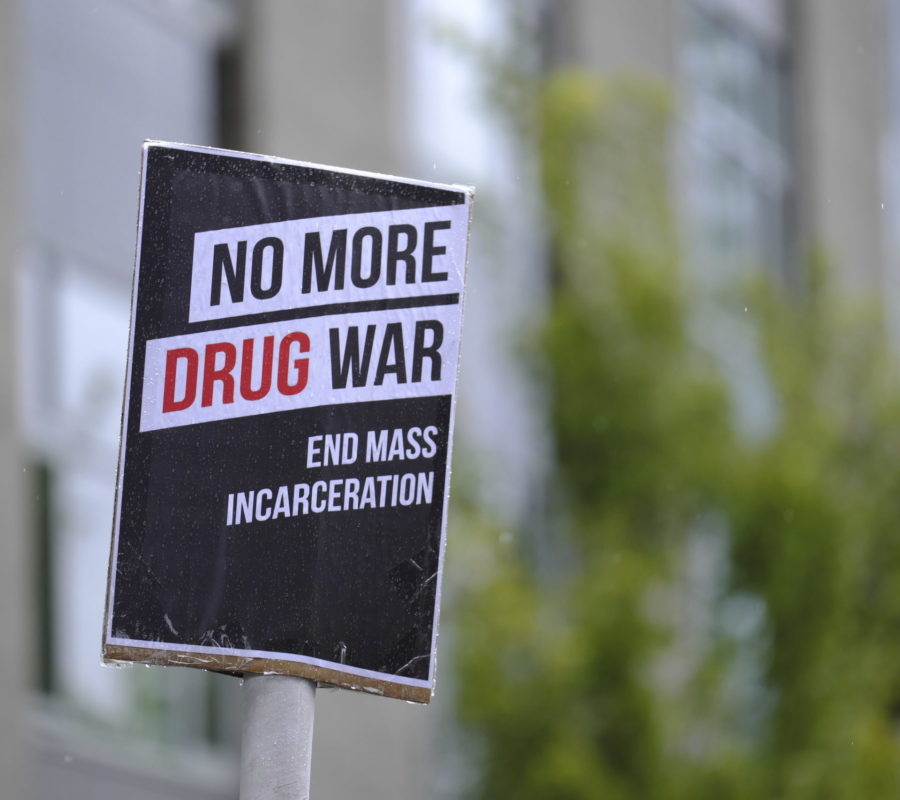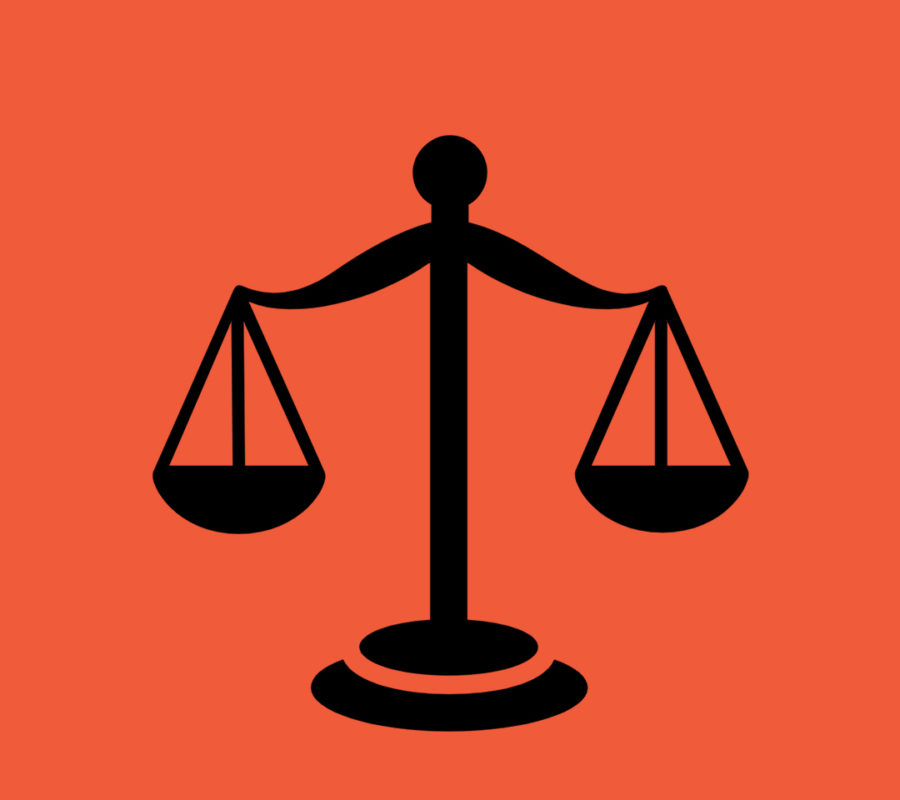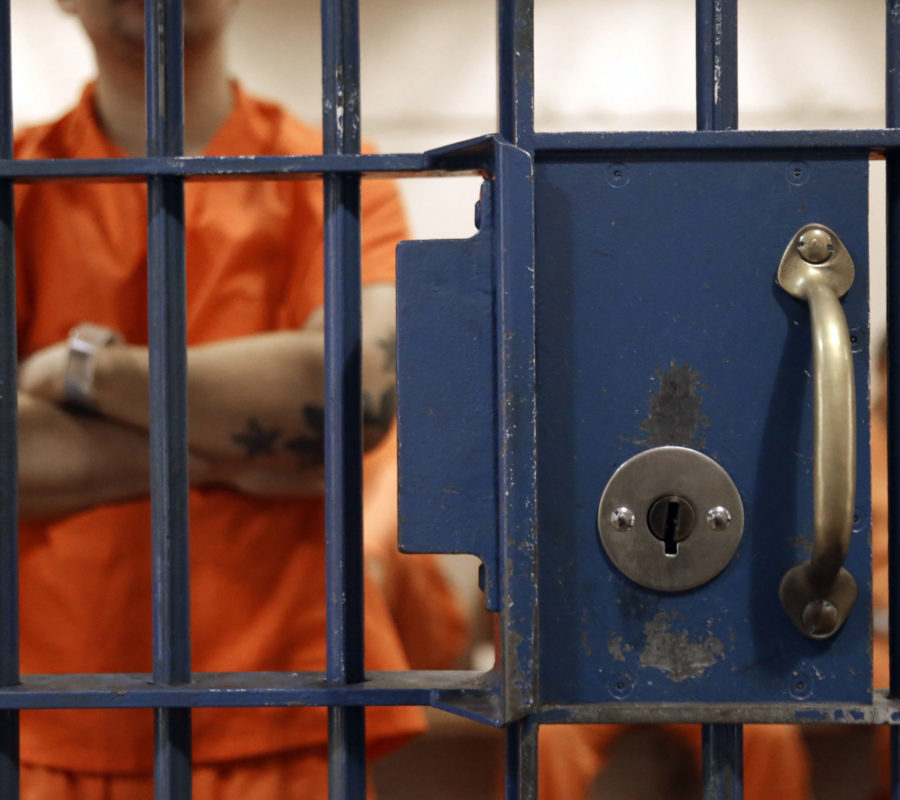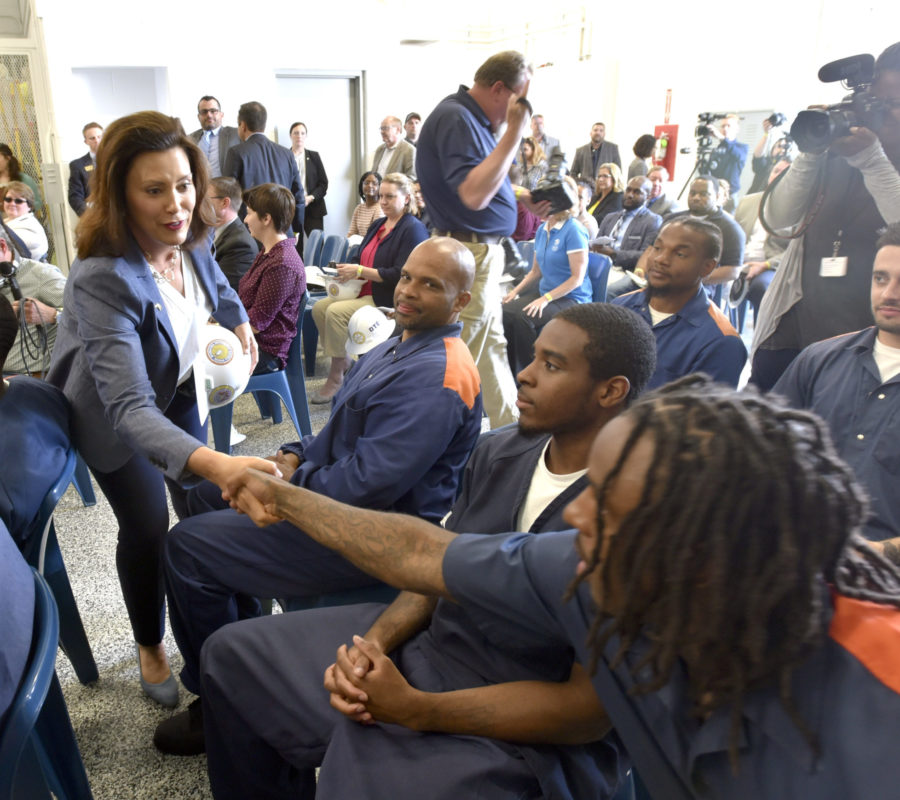A Fair and Just Criminal Justice System for All
America’s criminal justice system is defined by mass incarceration, punishment, and profiteering rather than prevention and rehabilitation. This approach has torn apart too many families and communities. The current system preys on poor people, perpetuates rampant racism, and costs billions in taxpayer dollars every year that could be better invested in the American people.
It is time to transform our broken criminal justice system into one of restorative justice. As president, Tom will invest in our youth, end cash bail and the war on drugs, decriminalize marijuana and stop profiteering by the prison-industrial complex. He will work to reform our punitive criminal justice system into one that exemplifies our values of fairness, equality, opportunity, and second chances.
